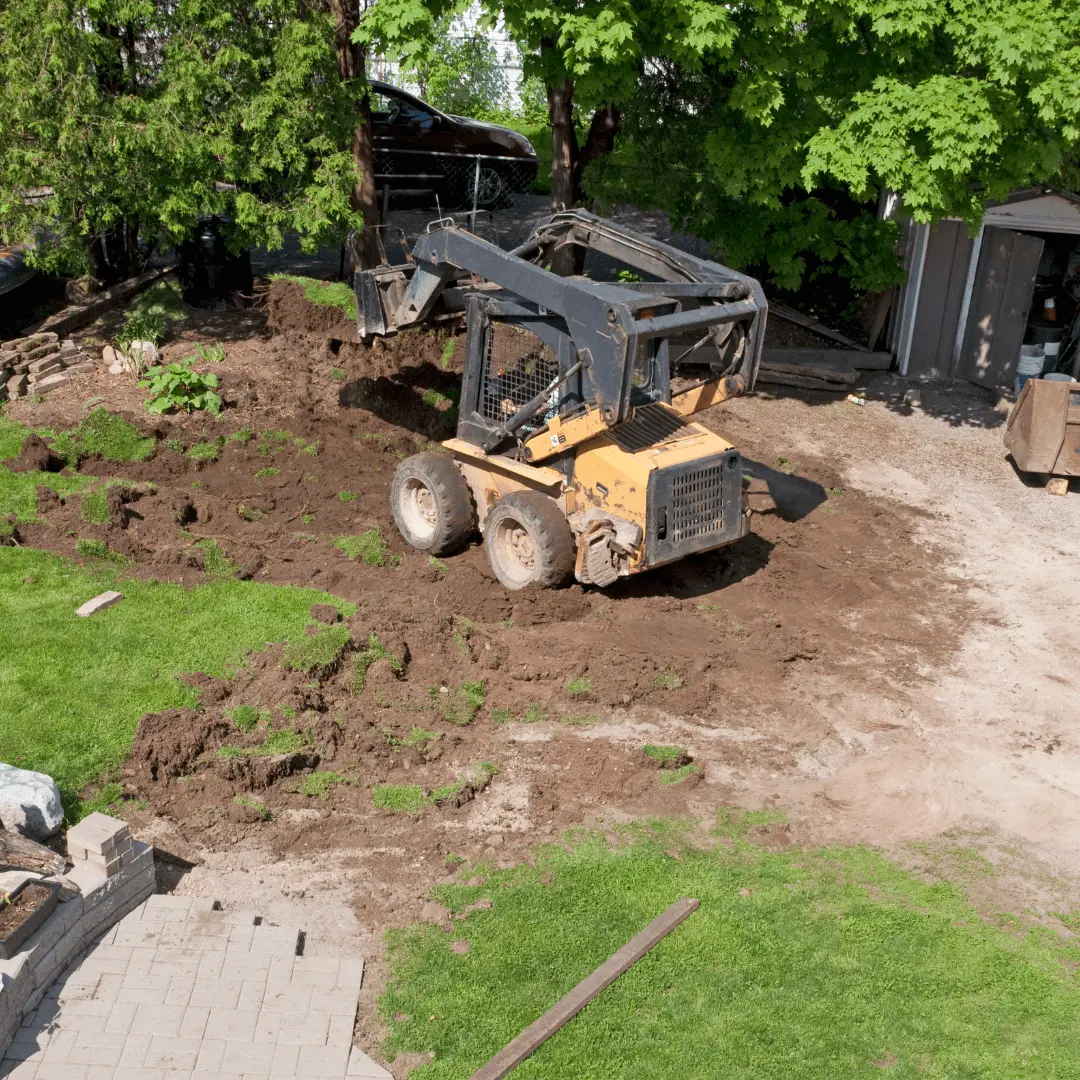Renovating a house can be an exciting yet daunting task. Whether you’re planning to flip a property or create your dream home, it’s crucial to understand the realities of renovation.
This guide provides essential insights to help you navigate the process, including the importance of planning, budgeting, and considering the value of features like paver driveways.
Understanding the Scope of Renovation
Before starting a renovation project, it’s essential to assess the scope of work needed. This includes understanding the condition of the house, identifying structural issues, and planning for necessary upgrades. A thorough inspection by a qualified professional can reveal hidden problems such as plumbing issues, electrical faults, or foundation concerns. Knowing these details upfront can help you avoid unexpected costs and delays.
Budgeting Wisely
One of the most critical aspects of a successful renovation is setting a realistic budget. This should include costs for materials, labor, permits, and a contingency fund for unforeseen expenses. It’s advisable to get multiple quotes from contractors to ensure competitive pricing and avoid potential scams. Remember, while it might be tempting to cut corners to save money, quality should never be compromised, especially in areas like structural repairs or electrical work.
Planning and Design
A well-thought-out plan and design are the backbones of any renovation project. This involves creating a detailed layout, choosing appropriate materials, and deciding on the overall aesthetic. Consulting with architects and designers can provide valuable insights and help turn your vision into reality. Additionally, prioritizing renovations that add value, such as modern kitchens, updated bathrooms, and efficient heating systems, can enhance both functionality and resale value.
Permits and Regulations
Renovations often require various permits and must comply with local building codes. It’s crucial to understand the regulations in your area and ensure all work is up to standard. Failure to obtain the necessary permits can lead to fines, work stoppages, and complications when selling the property. Working with experienced contractors who are familiar with local regulations can streamline this process.
The Role of Professional Contractors
Hiring reputable contractors is vital for a smooth renovation process. Look for professionals with positive reviews, proper licensing, and insurance. A good contractor can provide realistic timelines, manage subcontractors, and ensure the quality of work. It’s also beneficial to have a clear contract outlining the scope of work, payment schedules, and deadlines to avoid misunderstandings.
When renovating, outdoor spaces often get overlooked, but they are just as important as the interior. Paver driveways are not only durable and low-maintenance but also add a touch of elegance to any property. Investing in a well-designed driveway can improve the overall aesthetic and value of your home.
Common Renovation Pitfalls
Many renovation projects face challenges that can cause stress and additional costs. Common pitfalls include underestimating the budget, overlooking essential repairs, and encountering delays. To mitigate these risks, it’s essential to be realistic about timelines, keep an open line of communication with your contractors, and stay flexible with your plans.
Maximizing Return on Investment
To get the most out of your renovation, focus on improvements that offer the highest return on investment (ROI). Kitchens and bathrooms typically yield the best ROI, as do energy-efficient upgrades like new windows, insulation, and HVAC systems. Additionally, enhancing outdoor living spaces with features like decks, patios, and paver driveways can attract potential buyers and increase the home’s marketability.
Sustainability and Eco-Friendly Options
Today’s homeowners are increasingly interested in sustainable and eco-friendly renovation options. Using energy-efficient appliances, sustainable materials, and environmentally friendly building practices can reduce your home’s carbon footprint and appeal to eco-conscious buyers. Solar panels, green roofs, and water-saving fixtures are just a few examples of sustainable upgrades that can add value to your renovation.
Final Thoughts
Renovating a house is a significant undertaking that requires careful planning, budgeting, and execution. By understanding the realities of the process and working with reputable professionals, you can transform a fixer-upper into a beautiful, functional home.
Remember to prioritize quality, stay flexible, and focus on improvements that add the most value to ensure a successful renovation journey.
